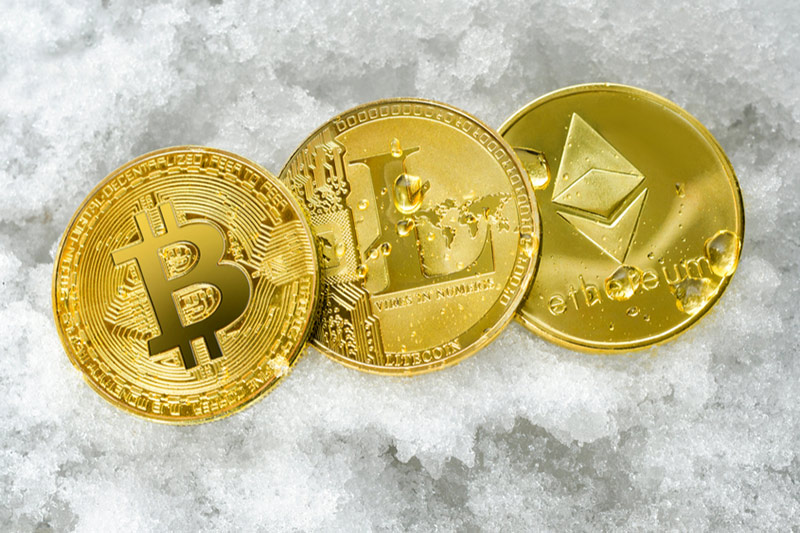- The future of the Gaming sector outperforms expectations and is pegged to be a $200 billion sector by 2024.
- Pay-to-Play needs to pay to access, in the year 2000 the rise of Free-to-Play.
- The Play-to-Earn (P2E) revolution has irreversibly altered the dynamics of traditional gaming and is blending the best of the P2P and F2P models.
Year after year, the gaming sector is outperforming expectations. It is pegged to be a $200 billion sector by 2024 and has come to occupy a significant role in people’s lives besides just being a medium of entertainment.
Gaming has evolved in terms of monetization of in-game content, and it is on the cusp of a revolution powered by blockchain. Technologies like extended reality (AR, VR, and more) complement this further. At this juncture, it’s helpful to take a step back and examine the phases of gaming to help us comprehend the future of this multi-billion dollar sector.
The Genesis: Pay-To-Play
Pay-to-Play (P2P) refers to games that customers need to pay to access. In some cases, only a specific part of the game is paid.
Before online games, PlayStations and offline desktop-based computer games often involved the purchase of the game’s CD to install the title onto the hardware to get into the game. Until the late 1990s, this was the predominant price model for video games. Copies of the game could be pre-ordered and generate revenue. Halo, a military-action video game, was launched for Xbox in 2001, later ported to Windows and macOS X using CDs.
Some online MMORPGs require players to pay to maintain the playing account. World of Warcraft is a famous example of a P2P MMORPGs game. Tiered games involve free levels, and later, the player must pay a certain fee to unlock other game levels. In addition, there are payable upgrades, character skins, and weapon mods.
Freemium Model Of Gaming: Free-To-Play
Free-To-Play (F2P) games evolved in the 2000s as an alternative to P2P. This was marked by the increased usage of smartphones and the launch of the App Store. With the touch of a finger, users could now download new games on their portable mobile phones and play them from wherever.
Developers realized consumers’ preference for free gaming apps rather than paid ones and broadened the consumer base to include even casual gamers. Thus, for example, Apple’s App Store enabled purchases for free applications. They also introduced new ways of monetization, such as in-game ads, exclusive loot boxes, hidden maps, season passes, and paid customizations.
These function as part of an in-game economy cycle, such as rewarded video advertising, providing users with more incredible prizes and XP (NASDAQ:XP). Temple Run and Angry Birds were launched as paid premium apps priced at $0.99 and soon switched to the Freemium model to allow users to experience the game and upgrade it later.
This transition allowed both titles to generate tremendous interest among users.
As a result, by 2010-2012, 90% of iOS apps were free. This quickly spread to MMORPGs games such as Star Wars: The Old Republic, The Lord Of The Rings Online, and Everquest, which quickly switched from a strict P2P model to a Free-To-Play model with in-game or in-app purchases. In addition, games such as RuneScape offer both free and P2P accounts, which encompasses a more extensive list of features and plots.
The Future Of Gaming: Play-To-Earn
The Play-to-Earn (P2E) revolution has irreversibly altered the dynamics of traditional gaming and is blending the best of the P2P and F2P models. In addition, the P2E paradigm has been introduced into blockchain games, providing players with a practical manner of monetizing their talent and time spent on gaming. With this revolution, many blockchain gaming enterprises have quickly acquired traction among gamers and NFT fans alike.
According to Bitkraft and Naavik, the blockchain gaming sector has been estimated to be worth USD 1.5 billion in 2021, and NFT-based games such as Axie Infinity, K4Rally, and Sandbox are on the rise.
K4Rally is one of the most anticipated blockchain games to begin beta testing in April 2022. This P2E project team consists of real racing drivers and professional developers to create a virtual yet immersive racing experience for players. Moreover, the in-game economy will allow players to earn from the game by competing in tournaments and races.
Games like K4Rally combine the most remarkable aspects of NFTs for in-game treasures and P2E experiences while earning and owning digital assets that they can sell into the broader gaming metaverse. One of the main goals of P2E games is to incentivize gamers for their time and effort, unlike traditional games, where only bureaucrats and developers reap the profits.
